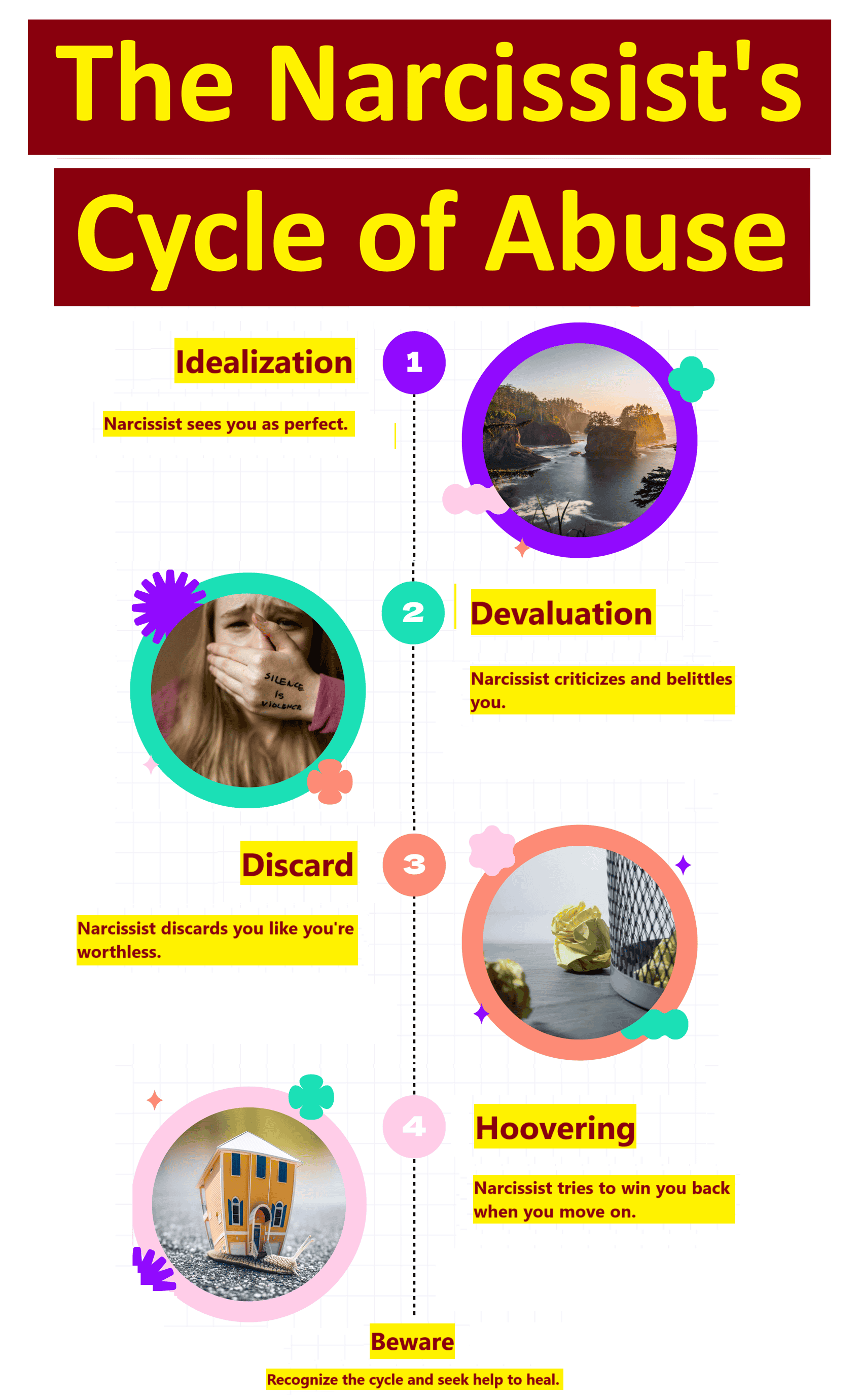Somatic narcissism involves individuals who place an extreme emphasis on their physical appearance and body, seeking validation and admiration through their looks by obsessing over fitness, grooming, and fashion.
Unlike other forms of narcissism, somatic narcissists focus primarily on their bodies and physical allure, using their appearance to gain control and receive praise.
In contrast, cerebral narcissists seek validation through intellect and achievements. Recognizing these distinctive behaviors helps you understand the specific traits and tactics used by a somatic narcissist.
8 Signs You Are Being Abused by a Somatic Narcissist
1. Excessive Focus on Physical Appearance
A somatic narcissist prioritizes their looks above all else. They spend hours at the gym, scrutinizing their outfits, and are constantly taking selfies. This obsession with appearance serves as their main tool for gaining admiration and control over others.
2. Sexual Manipulation
Sex becomes a weapon in the hands of a somatic narcissist. They use their physical allure to control and manipulate you, dangling the promise of intimacy as a reward or yanking it away as a punishment. If you feel like sex is constantly used to manipulate your emotions, it’s a glaring red flag.
3. Extreme Jealousy and Competitiveness
Somatic narcissists can’t stand to see others outshine them. They exhibit extreme jealousy towards anyone who threatens their spotlight. They compete ferociously, even with their partners, tearing others down to validate their own worth.
4. Lack of Empathy
Empathy doesn’t figure into their equation. Somatic narcissists are hyper-focused on themselves, failing to acknowledge or understand your feelings. If you’re constantly feeling unheard or unseen, it’s a sign of their emotional negligence.
5. Frequent Mood Swings
Their mood swings keep you on an emotional roller-coaster. One moment they’re charming and seductive, and the next, they’re angry and dismissive. This erratic behavior keeps you off balance, always guessing their next move.
6. Obsession With Social Status
Somatic narcissists crave social status and go to great lengths to achieve it. They’re obsessed with networking, attending high-profile events, and flaunting their connections. They use their social standing to manipulate and control those around them.
7. Manipulative Communication
They excel in manipulative communication. Somatic narcissists twist conversations to serve their own needs, employing gaslighting and guilt-tripping to get their way. They leave you doubting your own perceptions and constantly questioning yourself.
8. Using Money and Gifts as Leverage
Money and gifts become tools of control. A somatic narcissist showers you with gifts only to use them as leverage in the future. This conditional generosity aims to keep you tied to them, making you feel indebted and powerless to break free.
How to Respond to Somatic Narcissist Abuse
Knowing When to Seek Help
Understanding that you’re being abused by a somatic narcissist marks the first step toward healing. Conduct an honest self-assessment of the relationship.
Ask yourself: Do you feel consistently manipulated, controlled, or belittled? Be aware of the emotional and psychological toll the relationship takes on you. Feedback from trusted friends or family can also provide valuable insights.
Don’t ignore signs like feeling constantly drained or anxious when you’re around this person.
Tips for Safely Disengaging
Plan your exit strategy carefully to ensure it’s safe. Somatic narcissists often react negatively when their control is threatened. Seek professional help, such as a therapist specializing in narcissistic abuse, for guidance and support.
Establish a support network of friends and family to share your plans with, thus ensuring someone knows about your situation. Begin to distance yourself emotionally before taking steps to disengage physically.
Consider financial independence if the narcissist controls finances. Ensure you have access to your own money, set a budget, and open a separate bank account if necessary.
Avoid direct confrontations that might provoke the narcissist. Opt for straightforward, non-emotional communication. When possible, document instances of abuse, which can be crucial if legal action becomes necessary.
Seeking Professional Help
When to Seek Counseling
Consider counseling if you’re experiencing persistent anxiety, depression, or confusion. Emotional turmoil isn’t normal and shouldn’t be ignored. If personal relationships become strained, talking to a mental health professional may provide clarity.
Counselors offer tools to manage stress and rebuild self-esteem, essential when dealing with a somatic narcissist. Documenting your feelings can highlight the necessity of professional intervention.
Finding the Right Support System
A robust support system maximizes your chance of recovery. Trusted friends and family offer emotional strength. Support groups, either in-person or online, provide shared experiences and coping strategies.
Professional advocacy groups can guide you toward resources suited for abuse survivors. Look for therapists with experience in narcissistic abuse for specialized help.
Frequent communication with your support system prevents isolation and fosters resilience.




